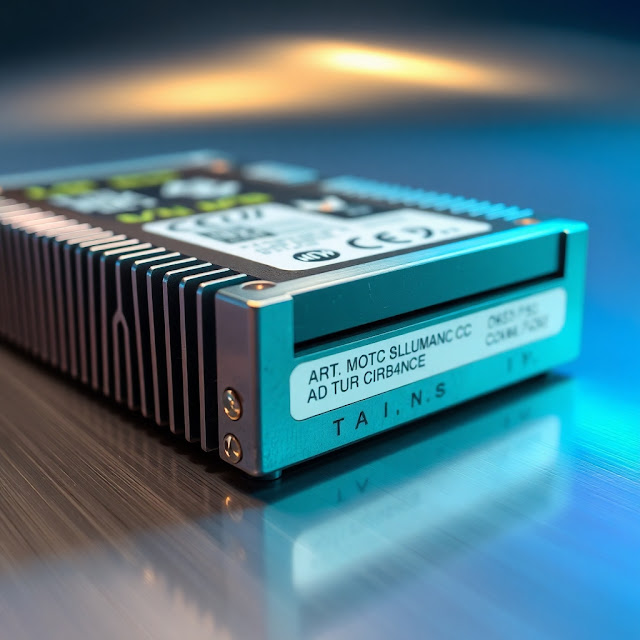What is an ECU (Engine Control Unit)?
An ECU (Engine Control Unit) is an essential electronic component in modern vehicles that controls and manages engine performance. It functions as the "brain" of the engine, processing data from various sensors and adjusting parameters to optimize fuel efficiency, power output, and emissions control.
How Does an ECU Work?
The ECU operates in several key steps:
-
Data Collection: The ECU gathers real-time data from various sensors, such as:
- MAP Sensor (Manifold Absolute Pressure Sensor)
- MAF Sensor (Mass Air Flow Sensor)
- Oxygen (O2) Sensor
- Throttle Position Sensor (TPS)
-
Data Processing: The ECU analyzes the collected data and compares it with pre-programmed parameters.
-
Adjustment & Control: Based on the analysis, the ECU adjusts various actuators, such as:
- Fuel Injectors: Regulating the fuel-air mixture
- Ignition Timing: Controlling the spark for combustion
- Idle Speed Control Valve: Adjusting engine idle speed
-
Continuous Monitoring: The ECU constantly adapts to different driving conditions to enhance efficiency and performance.
Functions of an ECU
An ECU performs multiple critical functions, including:
✅ Fuel Injection Control – Ensuring the right fuel-air ratio for optimal combustion.
✅ Ignition Timing Control – Adjusting spark plug timing for efficiency and power.
✅ Emissions Control – Regulating exhaust gases to meet environmental standards.
✅ Turbo & Boost Management – Controlling turbocharger pressure in turbocharged engines.
✅ Diagnostics & Error Detection – Detecting engine faults and displaying error codes via OBD-II (On-Board Diagnostics).
Types of ECUs in a Vehicle
Besides the engine control unit, modern vehicles also have various ECUs, such as:
🔹 Transmission Control Module (TCM) – Manages automatic gear shifting.
🔹 ABS Control Module – Regulates the Anti-lock Braking System.
🔹 Body Control Module (BCM) – Controls lights, windows, and other electrical components.
🔹 ECU for Airbags & Safety Systems – Ensures passenger safety in case of an accident.
ECU Tuning & Performance Enhancement
ECU tuning is the process of modifying the ECU’s software to improve performance, fuel efficiency, or emissions. This can be done through:
- Chip Tuning: Replacing the ECU’s memory chip with a modified one.
- Remapping: Reprogramming the ECU with optimized parameters.
- Piggyback ECU: Adding an external module to alter signals without modifying the original ECU.
Benefits of ECU Tuning:
✔ Increased horsepower and torque
✔ Better throttle response
✔ Improved fuel efficiency
✔ Customized driving experience
Conclusion
The Engine Control Unit (ECU) is a crucial component that ensures the smooth and efficient operation of a vehicle. From fuel injection to emissions control, the ECU optimizes various parameters to enhance performance. With advancements in automotive technology, ECUs are becoming even more sophisticated, allowing for better fuel economy, safety, and driving experience.
If you’re interested in ECU tuning, be sure to explore safe and professional tuning options to unlock your vehicle’s full potential.
Would you like me to refine this post further for SEO optimization?

.jpeg)

Have questions about ECU tuning or car performance upgrades? Leave a comment below, and we'll be happy to assist you! Please keep discussions relevant and respectful